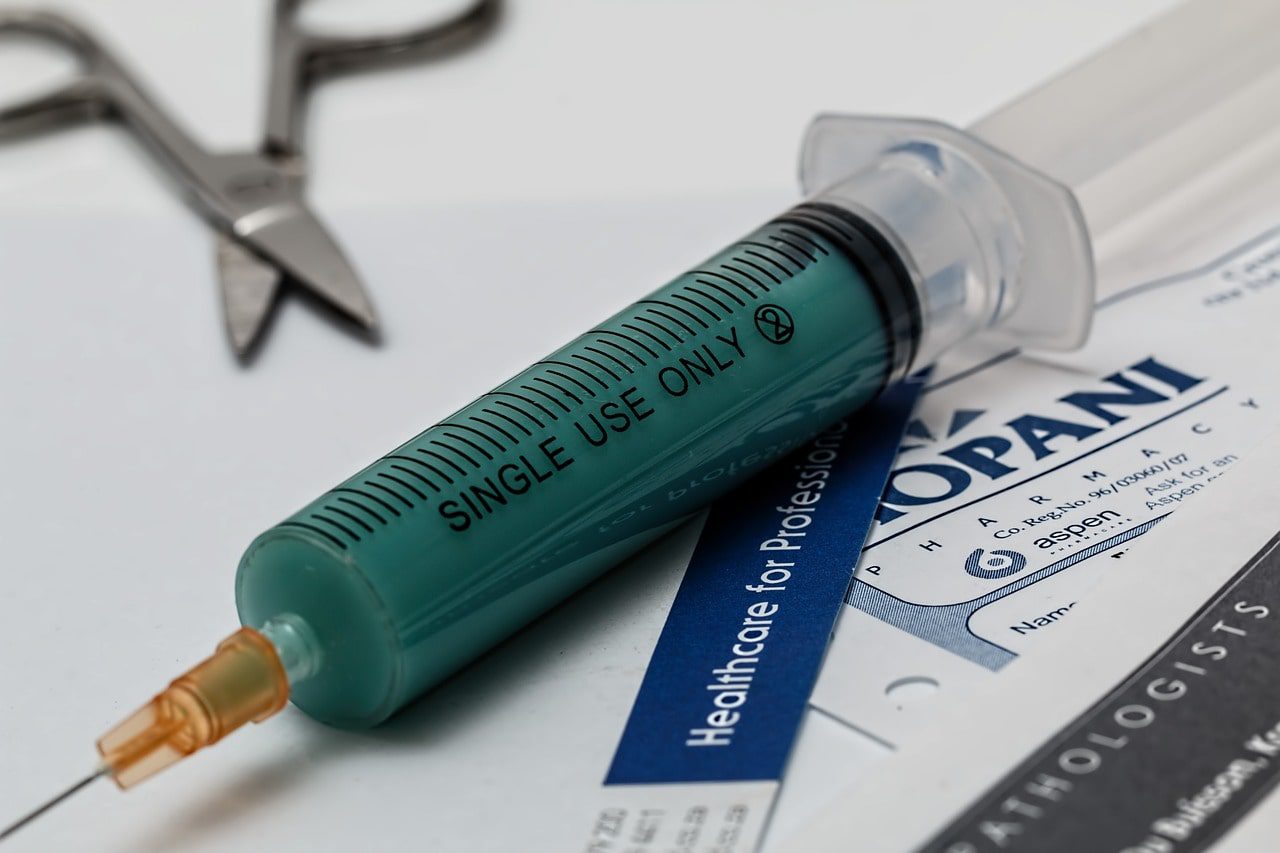
What is the difference between medical waste and biohazardous waste? These terms are often used interchangeably and, in truth, are related types of waste generated at and by healthcare facilities. Examples of such facilities would include hospitals, your local doctor’s office, neighborhood health clinics, blood banks, and dental practices. Medical research facilities, laboratories, and even veterinary clinics and hospitals are on the list. All of these facilities generate medical and biohazardous types of wastes.
Defining the Differences in Waste Types
However, there is a distinction between medical and biohazardous waste. Though it may sometimes be confusing, biohazardous waste is a type of medical waste, whereas medical waste is not necessarily biohazardous. To add to the confusion, the basic definition of medical waste is rather broad. Clinical waste, biomedical waste, regulated medical waste, infectious waste, radioactive waste, biohazardous waste, and healthcare waste in general are classifications of medical waste. In short, medical waste is any waste generated or created during any process at any type of healthcare facility.
What distinguishes biohazardous waste from medical wastes is its infectious or potentially infectious properties. Biohazardous wastes are composed of infectious materials or agents. Viruses, cultures, bacteria, blood, bodily fluids, spores, petri dishes, and so forth are biohazardous medical wastes.
Medical Waste in Health Care Facilities
Of vital importance to public health and one of the most crucial functions of any health care facility is that any medical waste generated on site is properly disposed of. The consequences of mishandling and improperly disposing of medical waste can cause, at the very least, an environmental hazard and, at most, a pandemic.
Medical waste can be generated during the course of normal operations and routine tasks at any health care facility. Proper handling and disposal is required to protect doctors, nurses, patients, visitors, hospital personnel, staff, and service staff downstream from exposure to potentially hazardous and dangerous contaminants.
Biohazardous Waste in Health Care Facilities
Common examples of biohazardous medical wastes generated at health care facilities can include any blood or contaminants from any procedure. On the list are gloves, gauze, gowns, and masks stained or soaked with blood or other bodily fluids, animal or human tissue from procedures, cultures from infectious agents and diseases, discarded vaccines, and any wastes from the rooms of infectious patients.
Of particular importance is used sharps. The various kinds of hypodermic needles, blades, scalpels, and slides that carry the risk of potential infection and the potential for needle stick injuries to CNAs and lab assistants, housekeeping staff, janitors, and garbage collectors in trucks or staff at recycling facilities. All of these people are at risk to exposure if loose sharps break open and poke through plastic bags. Used sharps can easily transmit serious diseases from hepatitis to human immunodeficiency virus (HIV).
Waste Regulations
Suffice it to say that though there are differences between medical waste and biohazardous waste, the management of both is a priority for all healthcare facilities. Proper handling, packaging, transportation, and disposal of such waste is regulated by various federal and state agencies and departments. For example, the US Department of Transportation specifies packaging and regulates the transportation of medical waste. The Occupational Health and Safety Administration administers standards for bloodborne pathogens and diseases to protect employee health and safety.
On the state level, Maine’s Environmental Protection Agency requires the registration of biomedical waste generators and establishes requirements for packaging, labeling, handling, storage, transportation, and treatment of biomedical waste. Transporters and owners or operators of transfer facilities and treatment facilities must be licensed. In no uncertain terms, it is against the law in Maine to dispose of untreated biomedical waste. Failure to comply with state or federal regulations can result in heavy fines and imprisonment if violations are intentional.
Contact Maine Labpack for Medical and Biohazardous Waste Disposal Solutions
To comply with the law, healthcare facilities must properly handle and dispose of the medical or biohazardous wastes generated or created at their facilities. Maine Labpack is a licensed, reputable medical and biohazardous waste removal company offering comprehensive, no-contract medical waste disposal for healthcare facilities. To ensure compliance, our medical waste experts arrive at your hospital, clinic, office, lab or facility to remove your pre-packaged waste and supply you with containers for future pickups.
To learn more about our no-contract biomedical waste services and solutions, please contact us today.
